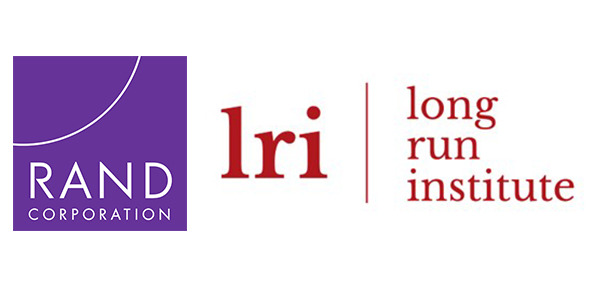Canada’s money lives in exile. We’re rich abroad, but starved at home
In this op-ed, Dr. Mussio observes that Canada excels at creating capital and talent but loses both abroad. Of the $2.3 trillion held by major pension funds, only 25 percent is invested domestically. He argues that weak growth opportunities, regulatory uncertainty, and limited scale are widening Canada’s productivity gap by driving investors and skilled workers to the U.S.—but there are ways to reverse this trend so capital and talent choose to stay and grow the economy at home.
Read More


